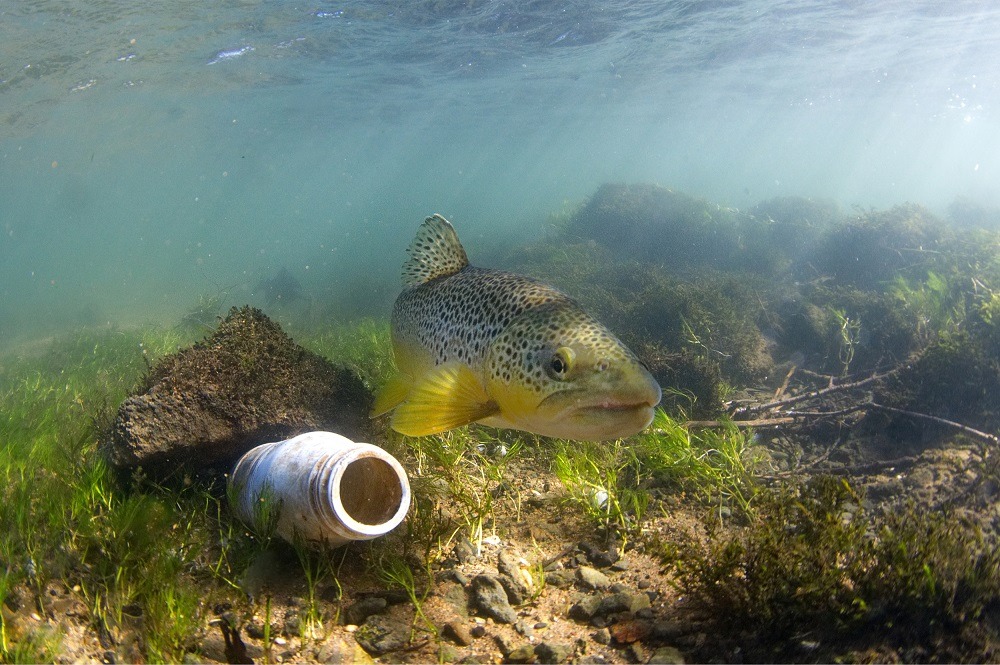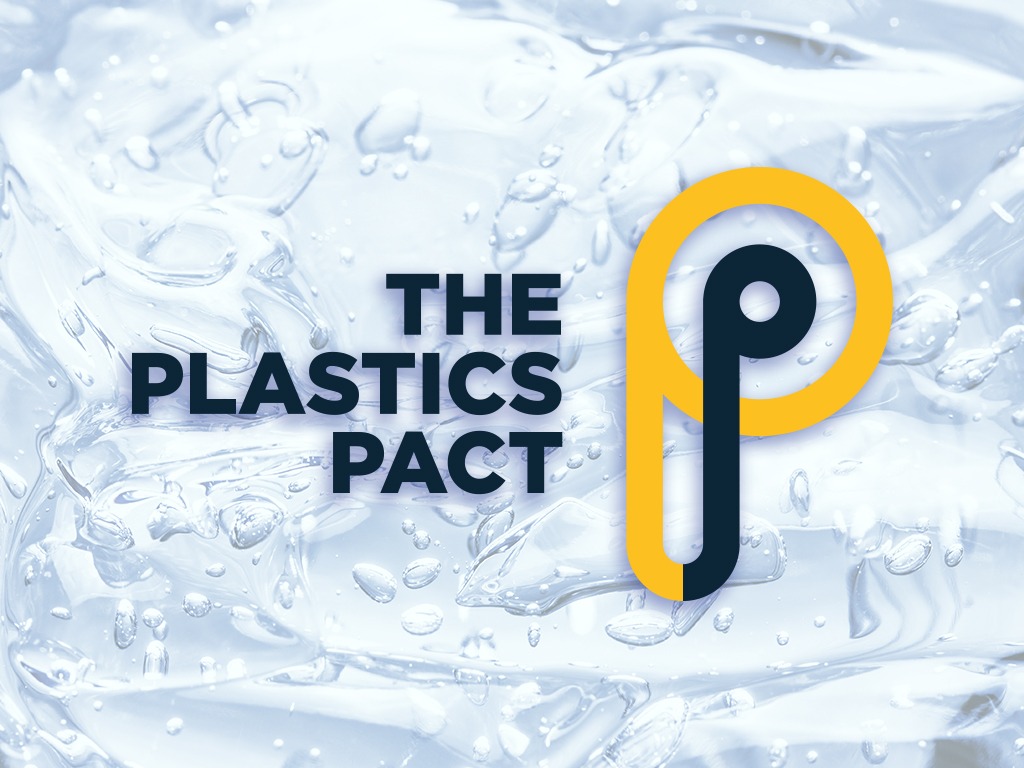The list of problem plastics given to UK members of the pact by circular economy charity WRAP include polystyrene, stirrers and straws

The UK Plastics Pact has set itself targets to eliminate eight pieces of plastic packaging by 2020 (Credit: Pixabay)
Members of the UK Plastics Pact – including Coca-Cola, Tesco and Unilever – are expected to remove problematic single-use plastic items from its products by the end of 2020.
This comes after circular economy charity WRAP, one of the co-founders of the UK Plastics Pact, published a list of eight problematic or unnecessary single-use plastic items.
These items include plastic stirrers, disposable plastic tableware, as well as polystyrene and PVC packaging.
The charity produced a list of a further 19 plastic items which are to be prioritised for action to tackle the problems associated with them by 2025.
WRAP’s director Peter Maddox said: “We know that more people than ever are concerned about the impact of plastics.
“The fundamental way industry can support this public desire is by addressing the issues that lead to plastic packaging being problematic.
“So for every item of packaging we need to consider whether plastic is the right material choice, or indeed if packaging is required at all.
“In these cases, we need to ensure that plastic can be and is recycled. The items listed today are priorities for UK Plastics Pact members, and the onus is on those members to implement changes, urgently.”
UK Plastics Pact list of other types of plastic is the problem into the long grass, says environmental charity
The 19 items considered by the UK Plastics Pact include non-recyclable coloured plastics, single-use drinks bottles, plastic bags and PVC cling film.
Ariana Densham, ocean plastics campaigner for Greenpeace UK, believes listing these plastics is like “kicking the problem into the long grass”.
She told NS Packaging: “It’s good to see industry players acting with urgency when it comes to eliminating some problematic and single-use plastic, and the deadline of 2020 is the level of pace that’s needed.

“However, the list of eight plastics marked out for elimination mostly includes plastics that will already have been banned by law anyway.
“It’s a no-brainer that black plastic and plastic food trays for fruit, veg and premium biscuits should all be added to the list.
“And marking 19 other types of plastic as needing ‘investigation’ with a deadline of 2025 seems like kicking the problem into the long grass – giving companies no real incentive to actually take steps to tackle these plastics in the next five years.”
Martin Kersh, the Foodservice Packaging Association’s (FPA) executive director, said: “The FPA agrees genuinely unnecessary plastic items should be discouraged but businesses should ensure the alternatives purchased are fit for purpose and do not result in a higher carbon impact.
“As Professor Richard Thompson (University of Plymouth) mentioned on BBC Radio 4 this week, plastics are not necessarily the issue but the economy within which they operate is.
“The packaging sector is actively innovating alternatives to many of the items named and we call upon WRAP to provide its support for this, particularly in assisting the industry to obtain research funds.
“At the same time the Treasury must ensure that those alternative are not themselves the recipients of the proposed plastics tax.”
What is the UK Plastics Pact?
Founded by WRAP and fellow circular economy charity the Ellen MacArthur Foundation in April 2018, the UK Plastics Pact was set up in order to create ambitious targets to reduce plastic packaging and build a recycling system for the material that works.

The organisation has set its more than 40 members from the business and government sectors to make 100% of all their plastic packaging reusable, recyclable or compostable by 2025.
By the same year, it also expects members to be using 30% recycled content in all of their plastic packaging, as well as eliminating unnecessary single-use plastics.
Speaking at its launch, Dame Ellen MacArthur of the Ellen MacArthur Foundation said: “This bold new pact will bring together businesses, policymakers, and the public to create a circular economy for plastic that tackles the cause of plastic waste and pollution, not just the symptoms.
“Focusing on innovation, better packaging design, and end-of-use systems will not only generate long-term benefits for the environment, but is also a huge economic opportunity.
“We encourage other around the world to help drive this momentum towards finding global solutions to what is a global problem.”
Businesses from two other nations have followed suit since then, first in February this year when the Pacte National sur les emballages plastiques was founded in France.
In April, El Pacto Chileno de los Plásticos was launched in Chile, with the backing of Amcor, Unilever and The Coca-Cola Company.
